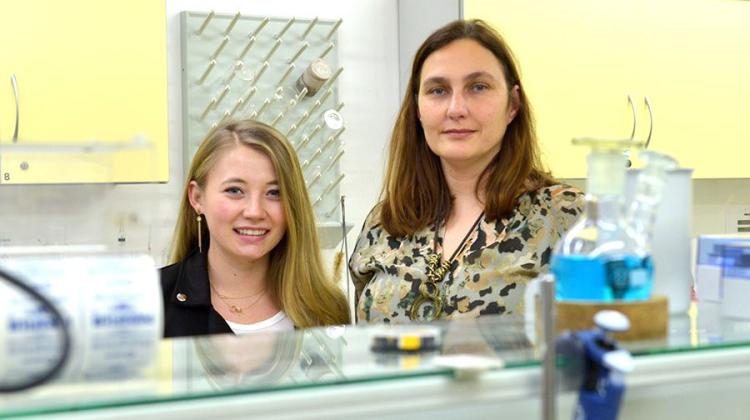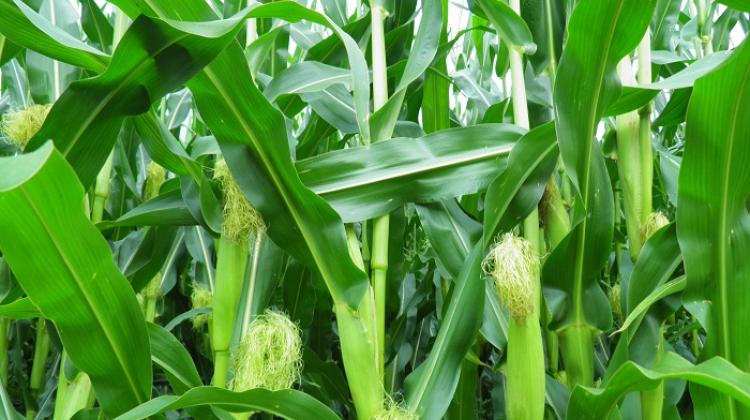Gdańsk University of Technology students won RoboGames 2015
 Robot Enova 365. Source: www.enova.pl
Robot Enova 365. Source: www.enova.pl
The team of students from Gdańsk University of Technology with their robot Enova 365 won in the Micro Sumo category in international competition RoboGames 2015 in San Mateo, California - reported the Gdańsk University of Technology press office.
Magnat Cyber Forge Team composed of: Szymon Zagórnik, Mateusz Piotrzkowski and Piotr Krzemiński worked on their debuting Enova 365 for several months.
"Our team’s new design long-awaited the premiere. We could not have a more demanding debut than the world championship, but fortune favours the bold" - commented Szymon Zagórnik, student of the Faculty of Electronics, Telecommunications and Informatics at Gdańsk University of Technology.
The Micro Sumo category is a battle of the smallest robots (maximum size: 5 cm x 5 cm, weight 100 g). Robots fight on the mat like a real sumo wrestlers. Their goal is to push the opponent out of the ring. The robots are autonomous, equipped with special software that does not require control by people.
The students emphasized that during the construction work the most difficult task was to fit "technology ideas" in such a small body. "During the event, Enova 365 was in top form, we won all the fights. In the finals we faced the defending champions from the previous edition of the competition and the current champions of the competition RobotChallenge 2014. Ultimately, our robot came out on top, taking first place in RoboGames 2015" - the team reported.
RoboGames 2015 was held on 3-5 April 2015 in San Mateo. According to Gdańsk University of Technology, it is the largest robotics competition in the world, widely regarded as the world championship. During this year\'s event, contestants from 40 countries competed in more than 50 categories.
PAP - Science and Scholarship in Poland
mrt/ agt/
tr. RL
Przed dodaniem komentarza prosimy o zapoznanie z Regulaminem forum serwisu Nauka w Polsce.


















